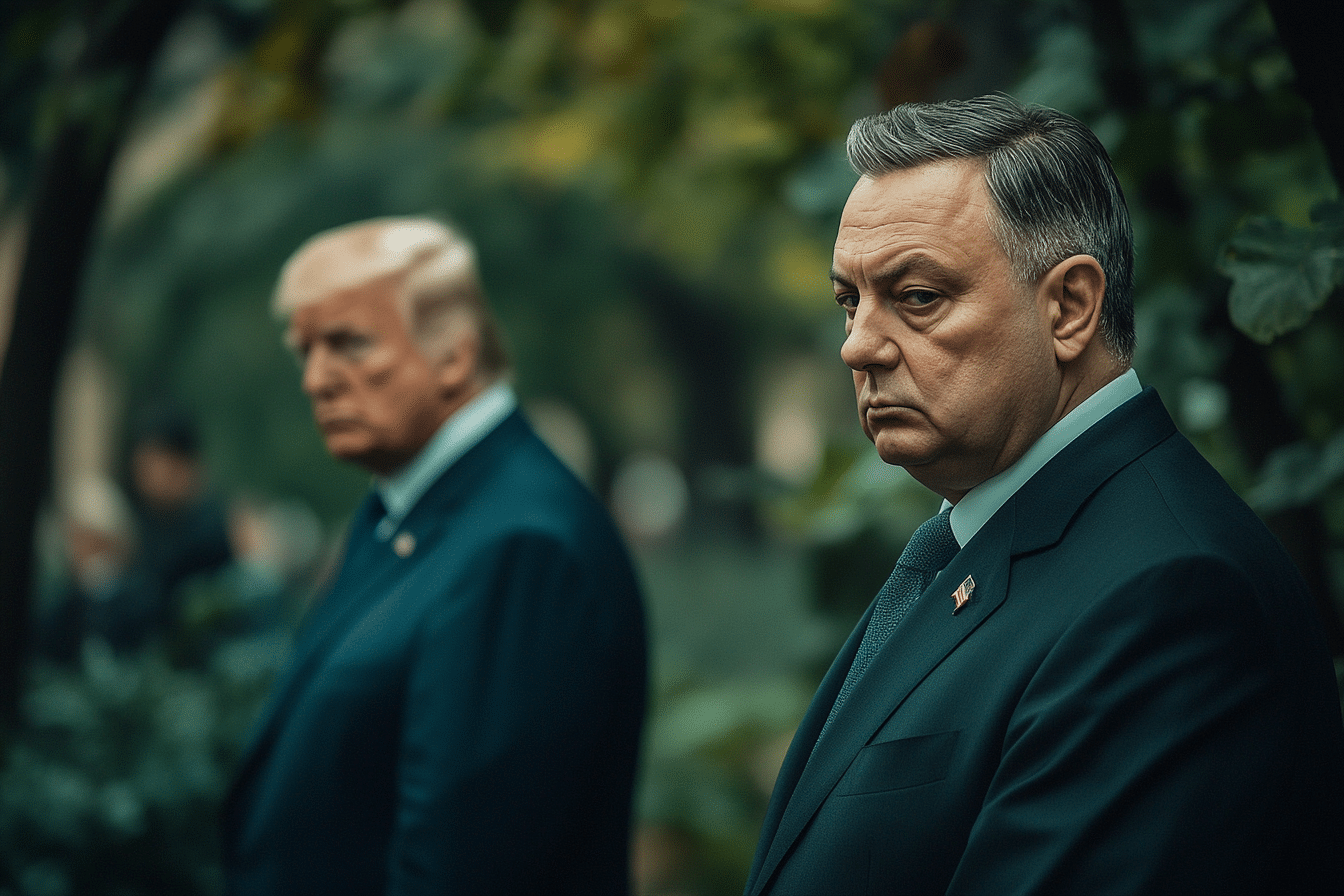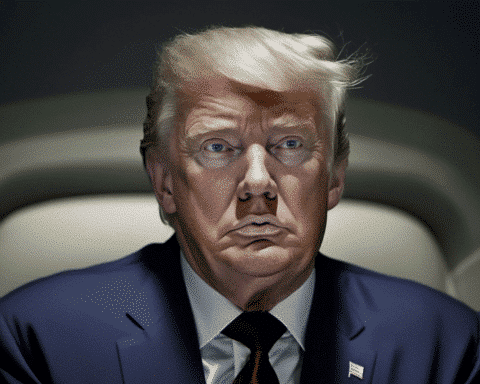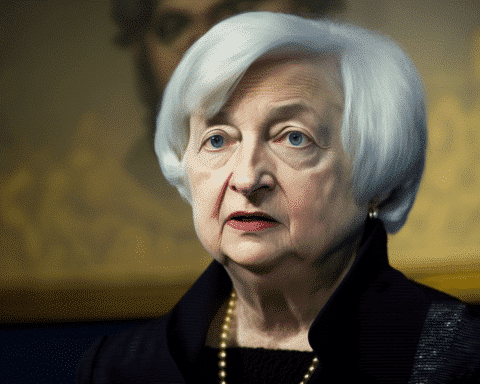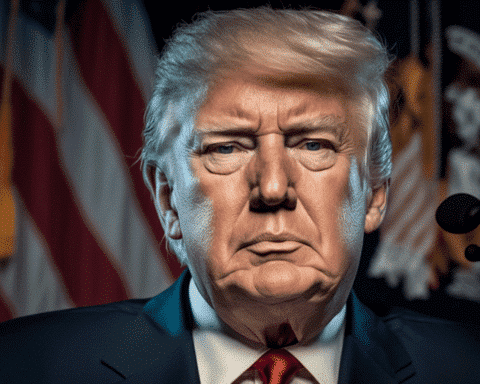Hungarian Prime Minister Viktor Orbán, a staunch ally of Donald Trump, predicted a seismic shift in U.S. foreign policy toward Ukraine under a potential Trump administration. His remarks, made ahead of a European Union summit in Budapest, have sparked debate among EU leaders on the future of Western support for Ukraine in its fight against Russia.
Orbán’s Warning: A Shift in U.S. Support
Orbán claimed that under Trump, the United States would cease its support for Ukraine. Speaking to Hungarian state radio, he stated: “The situation on the front is obvious, there’s been a military defeat. The Americans are going to pull out of this war.” Orbán also highlighted Europe’s financial limitations, saying: “Europe cannot finance this war alone.”
The comments reflect Orbán’s long-standing skepticism about the EU’s support for Ukraine. He has consistently delayed or blocked aid packages and sanctions against Moscow, urging other EU leaders to rethink their approach.
EU Leaders Push Back
Despite Orbán’s rhetoric, many EU leaders dismissed his predictions. Josep Borrell, the EU’s top diplomat, underscored Europe’s independence in decision-making: “We cannot outsource our capacity of action. Whatever happens in the U.S., we have our interests, we have our values.”
Italy’s Premier Giorgia Meloni, often aligned with Orbán on other issues, firmly stated: “As long as there is a war, Italy is on the side of Ukraine.”
European leaders reiterated their commitment to providing Ukraine with weapons and financial aid, stressing that stability in Ukraine is crucial for Europe’s security.
Zelenskyy Responds to Trump’s Claims
Ukrainian President Volodymyr Zelenskyy addressed Trump’s assertion that the war could end in a day. “If it is going to be very fast, it will be a loss for Ukraine,” he argued, highlighting the dangers of a rushed peace deal favorable to Russia. Zelenskyy’s plea emphasized the need for continued Western backing to prevent territorial concessions to Moscow.
EU’s Stand Against External Pressures
While Orbán seeks to exploit divisions, the EU has largely found ways to bypass his opposition. European Commission President Ursula von der Leyen closed the summit by reaffirming the EU’s commitment to Ukraine: “Russia is not only a threat to Europe but a threat to global security as a whole.” She also emphasized the interconnected nature of security interests between Europe, the Indo-Pacific, and the U.S.: “We see that technology from China and Iran is used by Russia on the battlefield.”
As Trump’s potential return to the White House looms, European leaders are preparing to navigate potential challenges in U.S.-EU relations. While Orbán’s remarks highlight the uncertainty surrounding Western aid to Ukraine, the EU remains steadfast in its support for Kyiv. The collective resolve of European leaders suggests that Ukraine’s fight for sovereignty will continue, with or without U.S. leadership.




